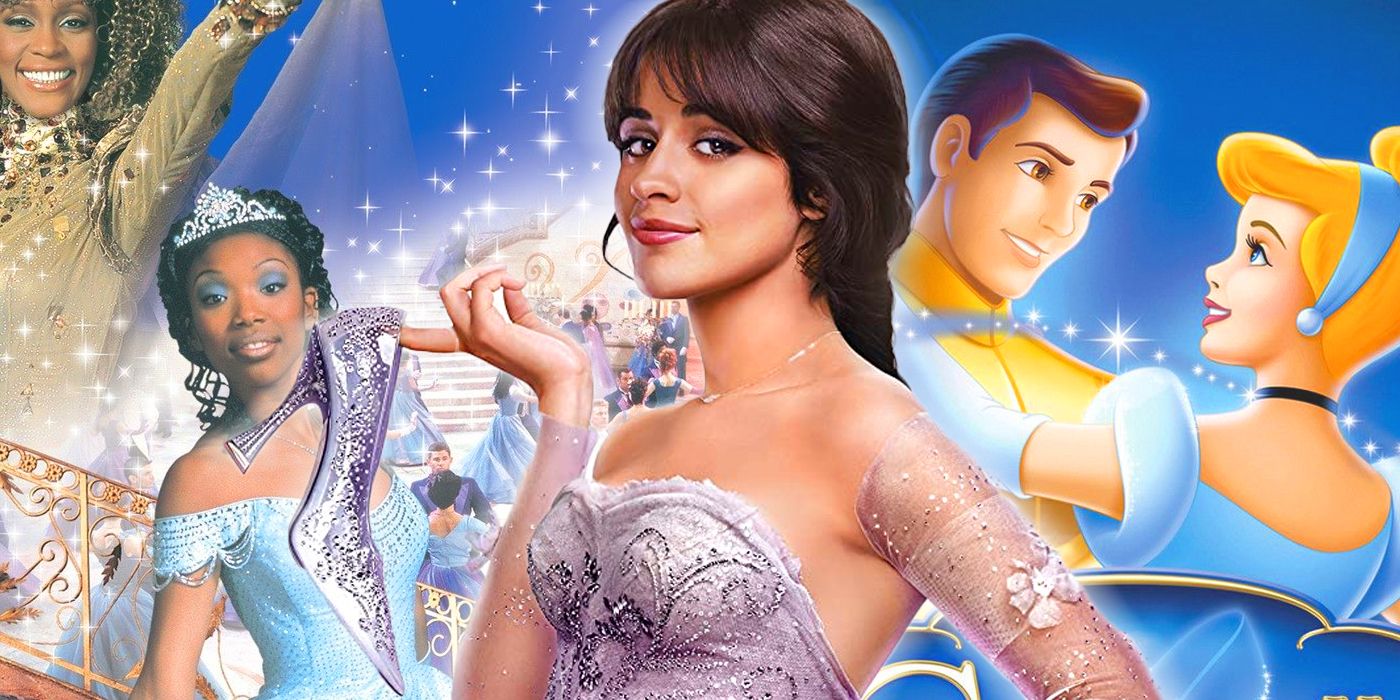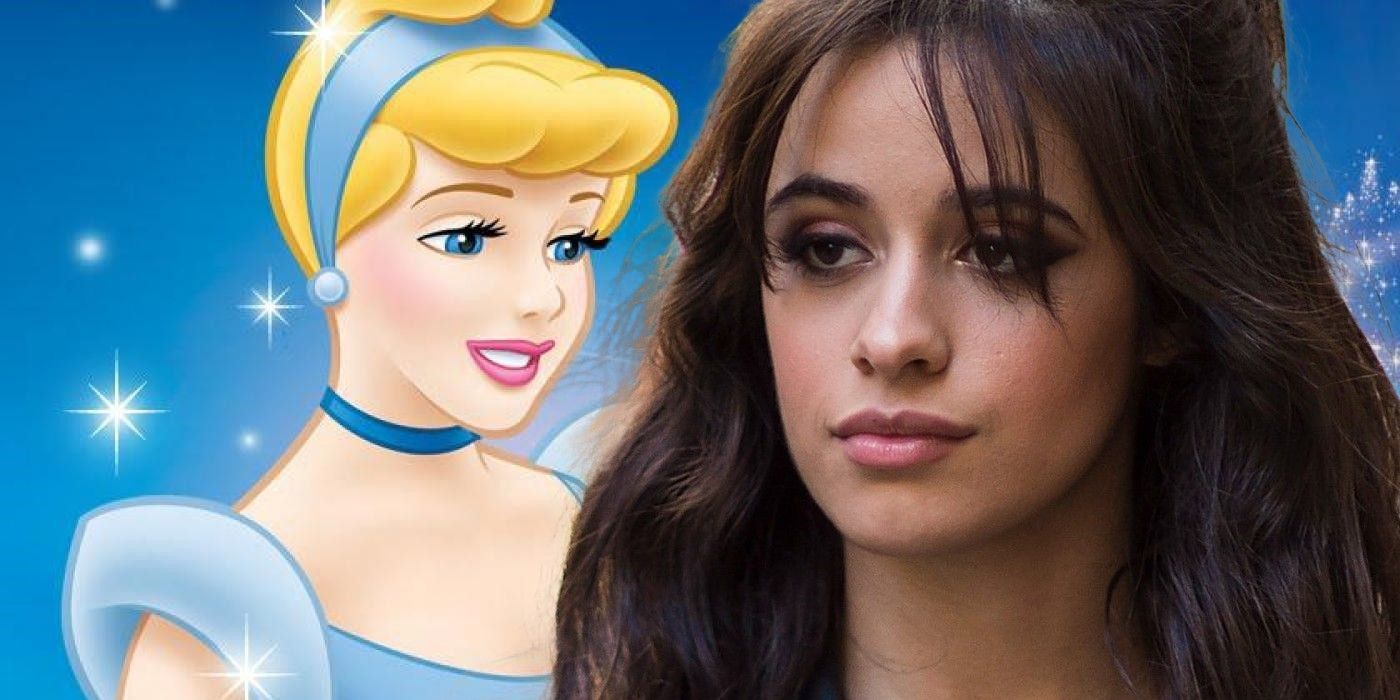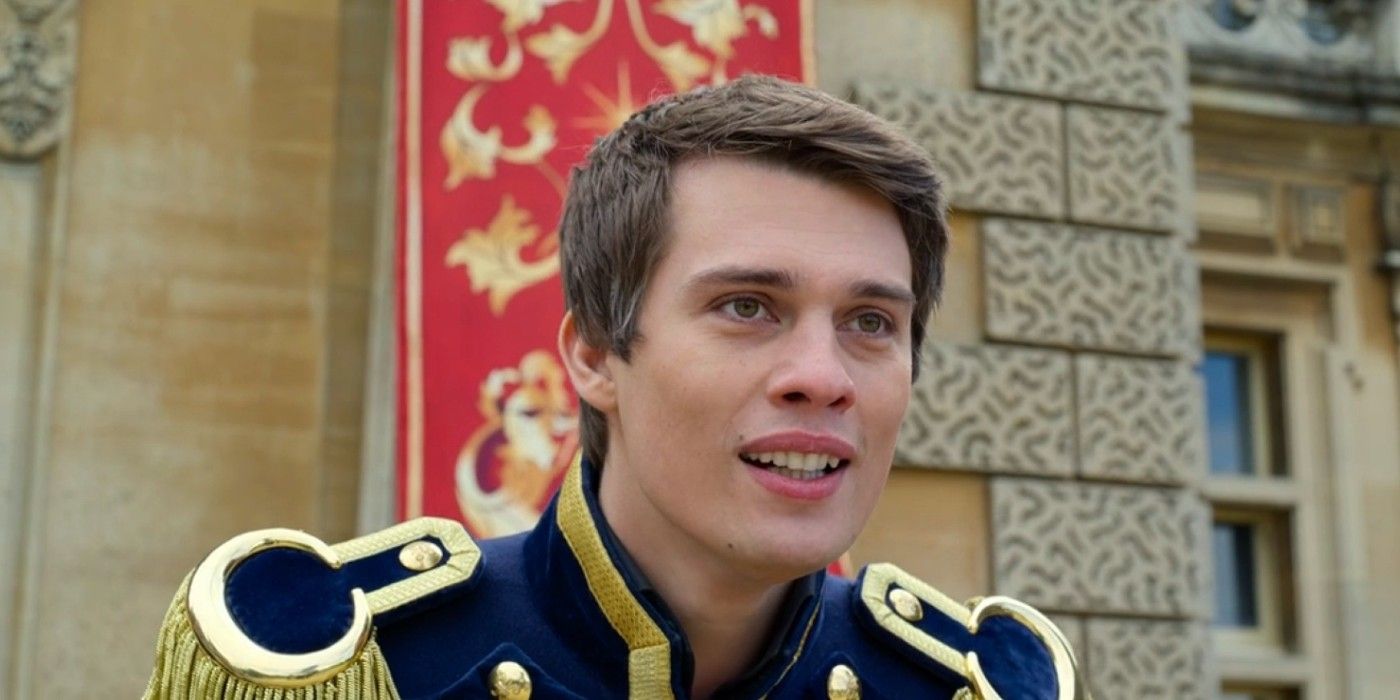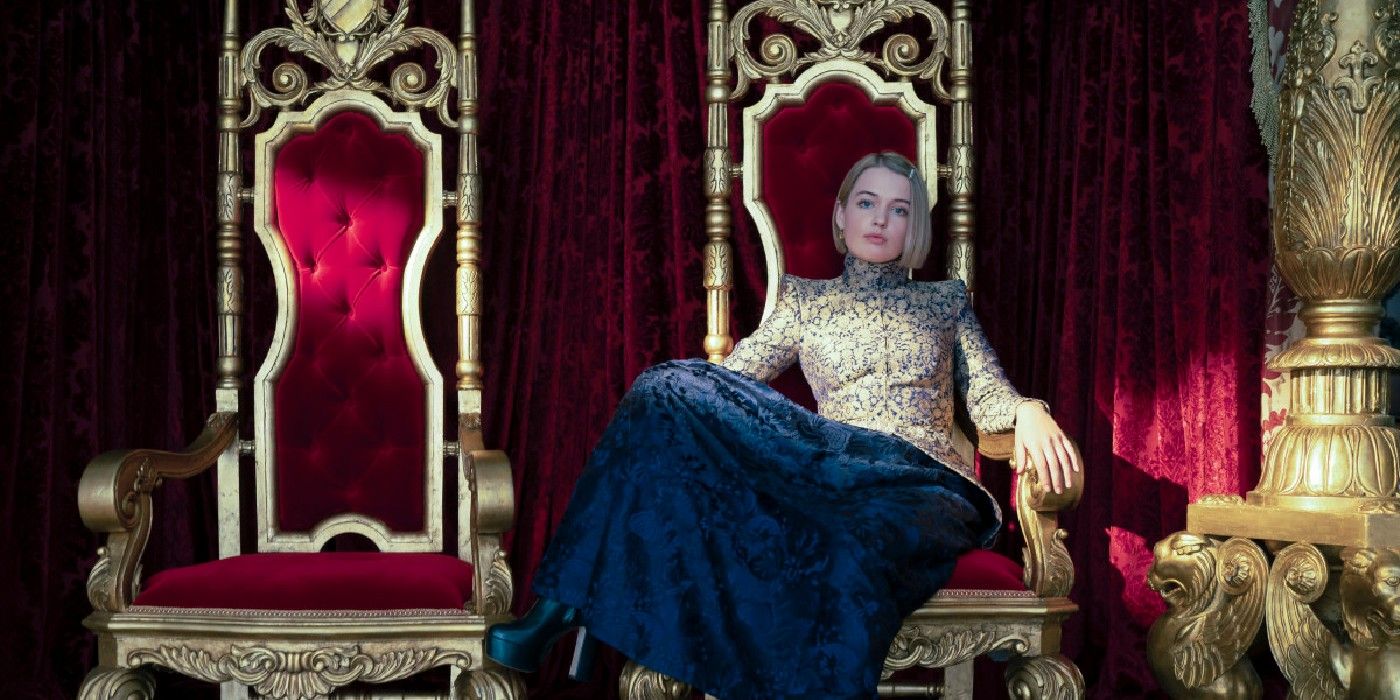
WARNING: The following contains spoilers for Cinderella, streaming now on Amazon Prime.
Over the years, the Cinderella story has been adapted many times and in many different ways, with Amazon’s Cinderella, from Kay Cannon, being just the latest musical adaptations of the classic tale. But while it's indeed a bold rendition of a classic, looking at how it stacks up against two other famous versions of the Cinderella story identifies some flaws.

It’s so difficult to be original nowadays because everything has been done before -- well, except maybe fairy tales told in the language of Pop music. Cinderella does have a few original songs, but it primarily takes songs that people already know and implements them as a way to drive the story forward. Overall, the concept is fun, and the familiarity of the music makes the film somewhat relatable for viewers. However, it's almost overdone. The best way to describe the effect is by comparing it to a version of a high school drama department’s riff-off competition. One word sparks an idea, and it’s off to whatever lyrical races one could vaguely connect to the subject material at hand.
Sure, Cinderella's music is fun, but its focus on modernism caused the film to be lacking in its magical appeal. And with that being the case, it didn’t feel like a fairy tale. Something that made Walt Disney’s 1950 version of Cinderella so timeless was its ability to communicate wonder, and that was lacking in this adaptation.

Another reasonCinderella felt forced was its lack of character development. Any film is better when characters are round from a literal perspective -- meaning that they are multifaceted and changing. By focusing on modern, lyrical music, Amazon's film highlighted characters’ feelings at various points. But by doing so, it never showed the changes between those moments. And the result was a disjoined characterization that made characters feel like archetypes.
That helped with how relatable the film felt at times, but overall, it contributed to its disjointed feeling. The 1997 Rodgers and Hammerstein’s version of Cinderella, starring Whitney Houston and Brandy, didn’t have such an issue. The difference is that Rodgers and Hammerstein’s music, while it helps characterization, drives the story forward. Music was a means to tell a story, whereas in the modernized version, it felt like music was the only thing going for it.

Modern music was the focus of Cinderella, but it also fixated on teaching lessons. But the problem is that it was often too overt with its methods. While the lessons on individuality, chasing dreams and equality are important, it came off as showing without telling. The bottom line is that people don’t like being told what to do, and this version of Cinderella toed that line at times.
Rodgers and Hammerstein addressed all kinds of social issues in their work. Things like racism, sexism and classism were all topics of discussion, but they were always a natural part of the story, rather than a character’s soapbox. However, those things can be difficult to portray in a film. Even Rodgers and Hammerstein’s version of Cinderella received ire for some of its “clumsy” portrayals of feminism that "wast[ed] Houston’s talent." So, while Amazon's Cinderella tries to avoid a series of soapboxes, it still compares to previous versions in that respect.
To see how Cinderella measures up to other versions of the classic story, the film is available now on Amazon Prime Video.
0 Comments